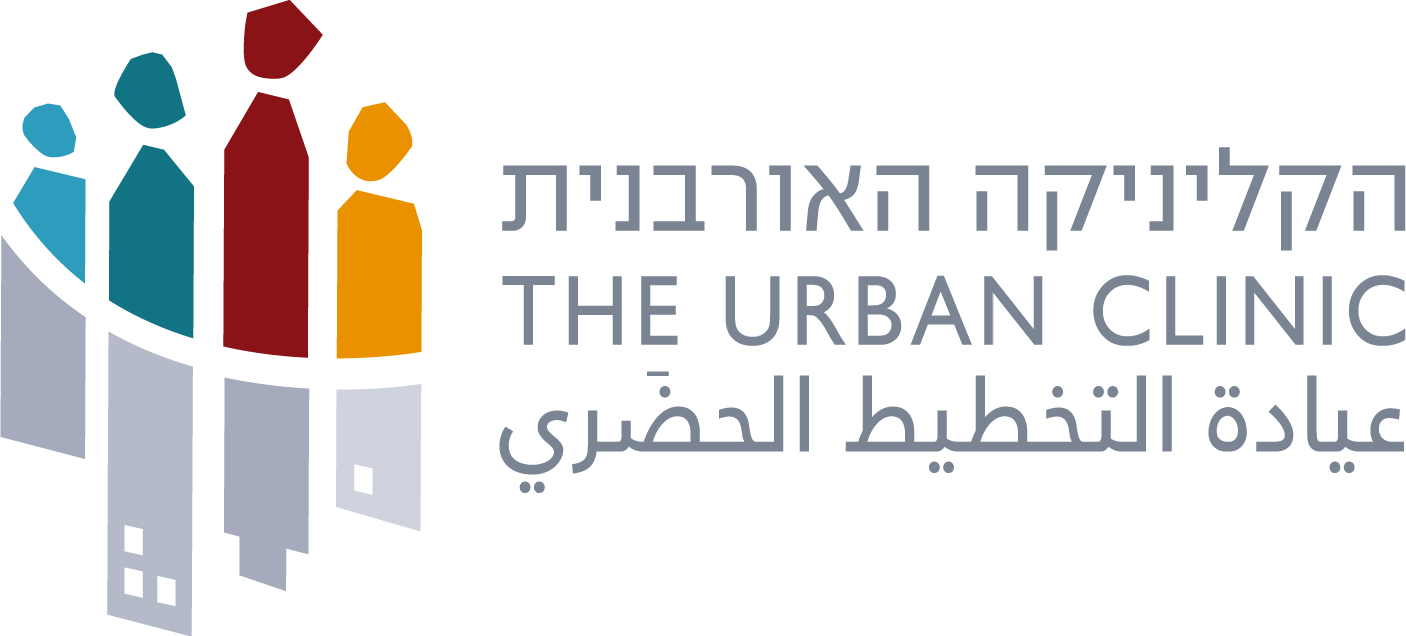The Urban Clinic encourages students on the housing and community development to attend discussions of the Israeli Planners Associations. Below are impressions from Galya Globerman, class of 2022.
I have been studying urban planning for over a year, and I have to admit that I only recently became aware that planning committees in Israel do not have social and welfare representatives who can speak on behalf of diverse social groups throughout the planning process. Perhaps I wasn’t being mindful in class and at work, however I may have also just assumed that there would be representatives for individuals from all walks of life. The recent discussion led by the Israel Planners Association and the Urban Clinic made me acutely aware of this gap.
This revelation comes in contrast to the everpresent environmental participation in nearly all planning committees throughout the country. In practice, this means that almost every single plan in Israel is scrutinized various times from an environmental point of view, but not necessarily to the same degree from a social/welfare standpoint. Such an imbalance can result in skewed decision-making and deepen social inequalities. In a country as socially diverse, conflicted, tribal, and complex as Israel, it is unfathomable yet unsurprising that we do not prioritize bringing different views to the table.
How do we plan for individuals different from ourselves when we do not know their needs, cultural constraints, and experiences? Who represents the minorities, impoverished, and marginalized? How can we pursue a just society when we aren’t designing our communities to be just? Who is advocating for parks in poor neighborhoods? Who is examining the effects of high-voltage power lines in underserved communities? Who is guaranteeing children have safe access to playgrounds?
Despite the structural gap, there are some mechanisms to promote and ensure social welfare. For example, in Jerusalem there are neighborhood community centers that operate based on the communities’ wants and needs. There are laws that protect individuals with disabilities, including guidelines for recommended open spaces in Jerusalem neighborhoods. However, these mechanisms are scarce and scattered, leaving communities to fall between the cracks. There are also alternatives to instituting a social representative; Silverman and Churchman proposed various approaches in their 2012 publication Strengthening Social Considerations in Land-Use Planning in Israel. These include increasing state welfare services and citizen presence in the planning process, improving public participation, requiring impact assessment studies, and including formal representatives (planners and advisors) in the planning process.
Even as a masters student, I still find it difficult to understand where to get information from, how to contact my local representatives, and how to participate in decisions that will affect the neighborhood in which I live. Where does that leave asylum seekers, Bedouins, Holocaust survivors, Haredis, Arabs, and new immigrants?
The most recent discussion included the importance of including social representatives in the planning process from the outset and identifying the main goals they should pursue, but to me that all fell to the wayside when Yoel Segal and Debbie Gild Hayo spoke. Debbie, an attorney and Policy Director at The Association for Civil Rights in Israel, reminded me that the role of a planner is to guarantee quality of life to all residents while focusing on those who have no voice, representing and protecting vulnerable members in our society. This ethos is weak in Israel’s gridlocked and overly politicized planning sphere. However, even if planners could plan based on this ethos, we would then depend on planners’ goodness to promote social and spatial justice, and that too, risks being corrupted. Yoel, a PhD in social work and representative of the Israel Urban Forum on the National Planning Committee, expanded on this and expressed that we cannot guarantee socially equitable outcomes if we are always ‘playing defense’, just like we cannot fight climate change by only adopting small changes in our daily lives. Yoel calls for a structural and institutional paradigmatic shift in Israel’s planning system. ‘Simply’ adding a social representative (arguably especially a temporary one - an idea brought forward by Ofra Carmon from the Ministry of Welfare) to committees cannot solve this problem.
Ultimately, one representative is better than none, but if we can expand our horizons and imagine a different planning reality, one that by nature advocates on behalf of our more vulnerable members of society, perhaps, just maybe, we may be able to plan and shape a more equitable society.

Padlet discussions regarding the lack of social intervention in the planning sphere:

Padlet discussion regarding the agenda of a social representative

Padlet discussion regarding future steps to improve social intervention.

“Strengthening Social Considerations in Land-Use Planning in Israel”, 2012, Haifa, Center for Urban and Regional Planning, Technion. Churchman, A., and Silverman, E., (in Hebrew).
Video evening of the Planners Association

